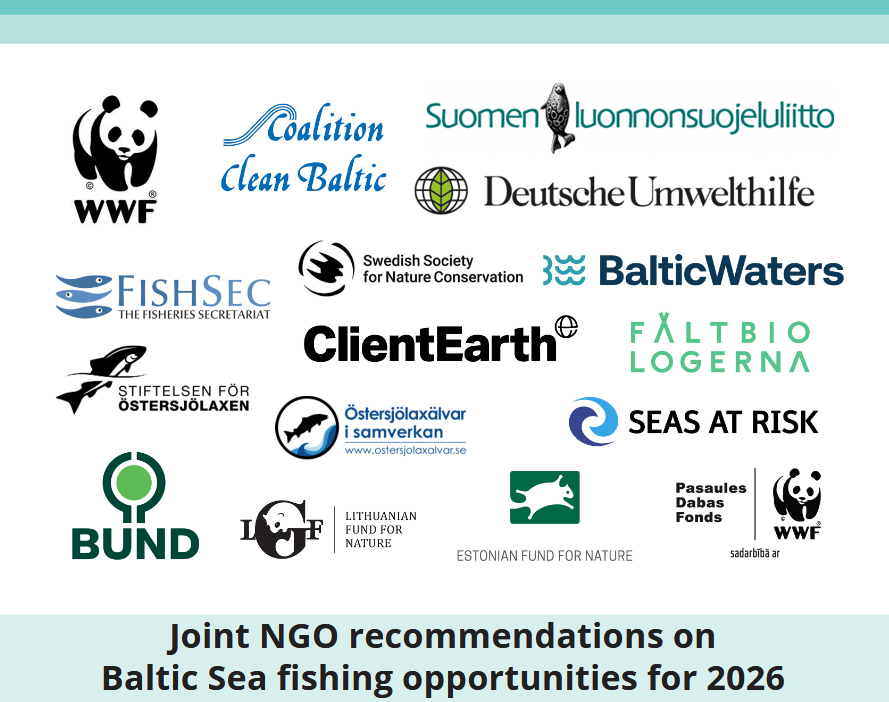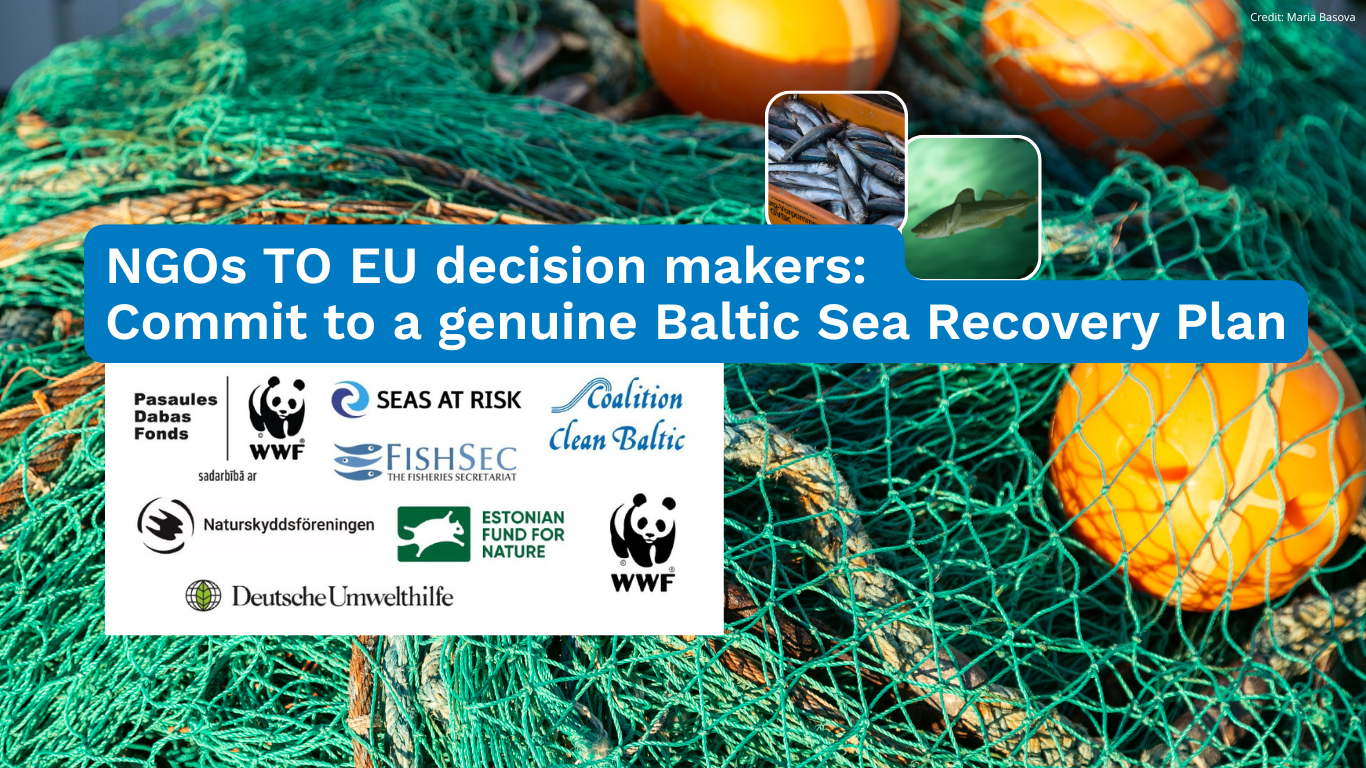Sweden designates large Natura 2000 area for the Baltic Sea harbour porpoise
As an early Christmas present to the harbour porpoises of the Baltic Sea, the Swedish government recently announced that a large Natura 2000 site will be designated for harbour porpoises in the Baltic Proper. With more than 1 million hectares this is the largest marine area ever proposed by Sweden as a Natura 2000 site, and it includes the major part of the most important breeding ground for this critically endangered population , which mainly is situated within Sweden’s EEZ.
 The harbour porpoise is the only cetacean species resident in the Baltic Sea. There are three separate harbour porpoise populations in the Baltic Sea Region, whereof the Baltic Proper population has decreased dramatically since the mid 1900’s. In 2014, the SAMBAH project
estimated that only approximately 500 animals now remain, and this population is in dire need of strict protection measures. The now designated Natura 2000 site is an important step towards securing the long-term survival of the Baltic Sea harbour porpoise. For the coming years, CCB will be working together with stakeholders and authorities to create a management plan for the designated Natura 2000 site, to secure that the protected area has real benefits for the harbour porpoise population.
The harbour porpoise is the only cetacean species resident in the Baltic Sea. There are three separate harbour porpoise populations in the Baltic Sea Region, whereof the Baltic Proper population has decreased dramatically since the mid 1900’s. In 2014, the SAMBAH project
estimated that only approximately 500 animals now remain, and this population is in dire need of strict protection measures. The now designated Natura 2000 site is an important step towards securing the long-term survival of the Baltic Sea harbour porpoise. For the coming years, CCB will be working together with stakeholders and authorities to create a management plan for the designated Natura 2000 site, to secure that the protected area has real benefits for the harbour porpoise population.
In total, four new Natura 2000 sites are being designated for harbour porpoises in Swedish waters, and two already existing areas will be enlarged. The total area will be over 1.3 million hectares. Besides the area depicted here, the other areas are situated in the southwestern Baltic and in Kattegatt.

